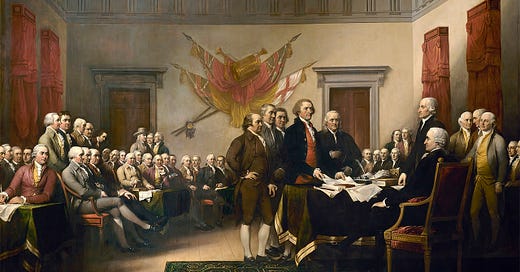A Civilized Society: The Necessary Conditions
The Role of Rights in Ensuring Human Freedom and Flourishing
Keep reading with a 7-day free trial
Subscribe to The Objective Standard to keep reading this post and get 7 days of free access to the full post archives.




